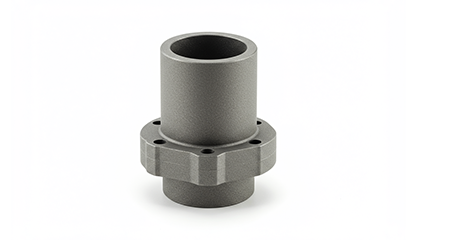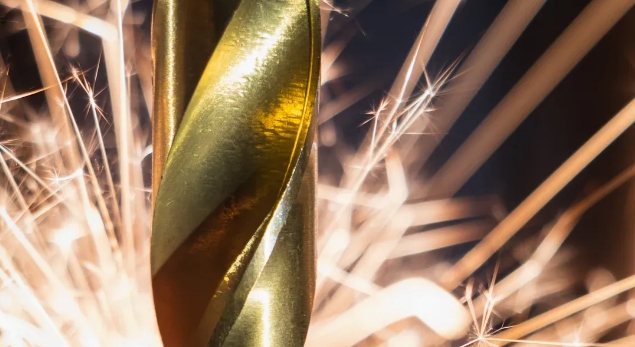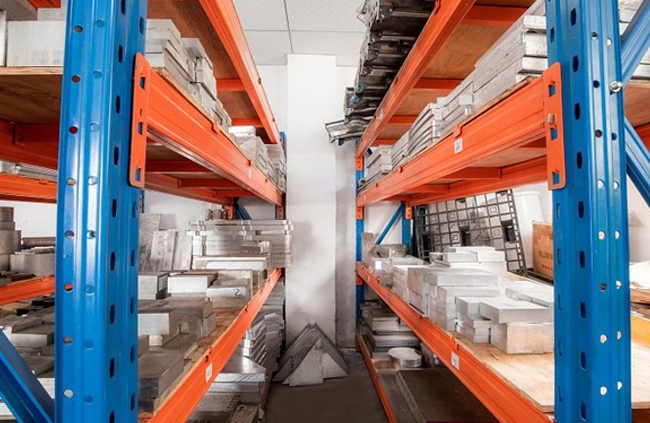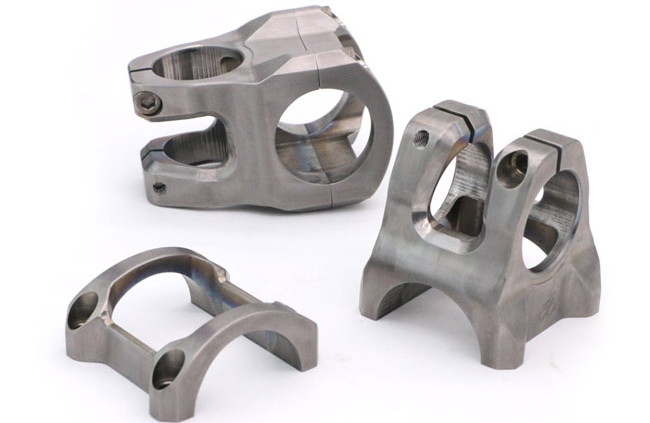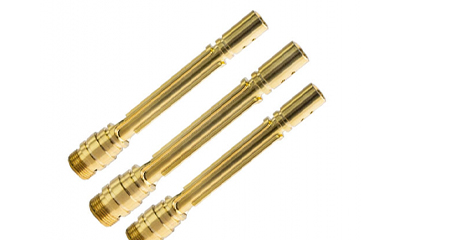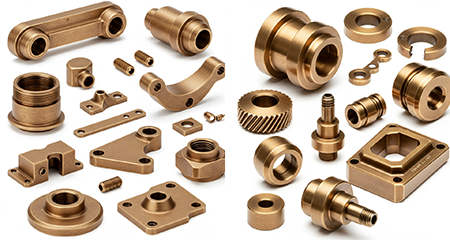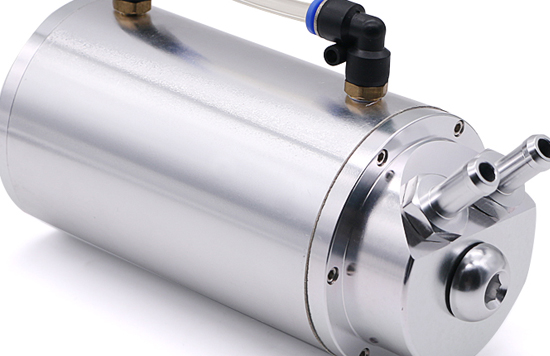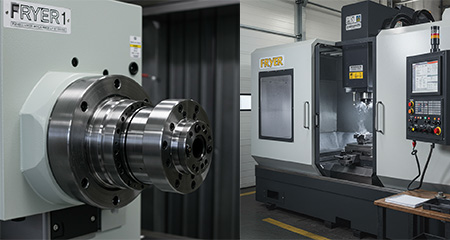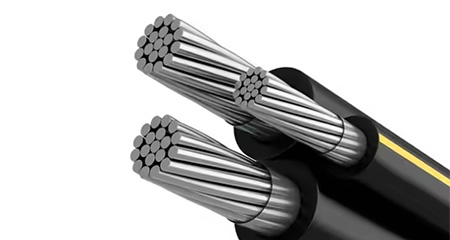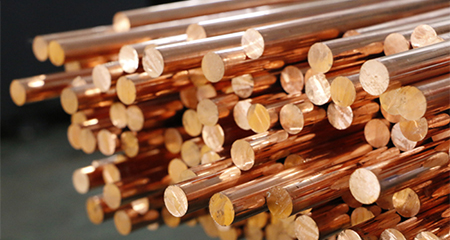Bead blasting is essential for enhancing part aesthetics and performance, especially in the CNC manufacturing industry. Whether refining a prototype or finishing a production run, understanding this process will elevate your product’s quality.
Copper is excellent for conducting electricity, making it ideal for electrical applications. On the other hand, bronze is known for its strength and durability, which makes it suitable for parts that need to resist wear.
Choosing between aluminum and stainless steel depends on your priorities. Aluminum offers lightweight versatility, excellent thermal conductivity, and recyclability. Stainless steel provides unmatched strength, superior corrosion resistance, and durability in harsh environments.
Titanium offers unbeatable strength-to-weight and corrosion resistance, ideal for high-performance CNC parts. Steel is cost-effective and easier to machine. Choose the material that fits your project’s purpose and budget.
Brass is a popular material in CNC machining due to its excellent machinability, corrosion resistance, and attractive appearance. However, not all types of brass are created equal. Selecting the appropriate brass alloy can determine the precision, durability, and cost-effectiveness of your machining project.
Bronze machining involves the precision cutting and shaping of various bronze alloys using CNC bronze machining processes. In order to obtain accurate, high-quality parts, the selection of the right bronze grade, tooling and feed rates, as well as specialized cooling and finishing strategies are essential.
We specialize in custom aluminum CNC machining and surface treatment solutions with 15 years of CNC machining experience. From brushed textures to mirror polishing and industrial-grade polishing, our advanced aluminum polishing equipment and experienced team ensure that every project has excellent precision and quality.
With over 15 years of experience in CNC precision manufacturing, we are proficient in the Fryer M21 CNC Code Siemens Free workflow, ensuring best-in-class execution.
Aluminum, known for being lightweight and versatile, delivers excellent performance in a wide range of industries due to its outstanding combination of electrical conductivity and mechanical properties. At VMT, we are experts in producing custom aluminum parts engineered for precision, durability, and performance.
Copper is one of the most thermally and electrically conductive metals, making it ideal for CNC machining in critical applications like electronics, automotive, and optics. Let’s explore its properties, benefits, grades, and how it compares with other CNC metals.

